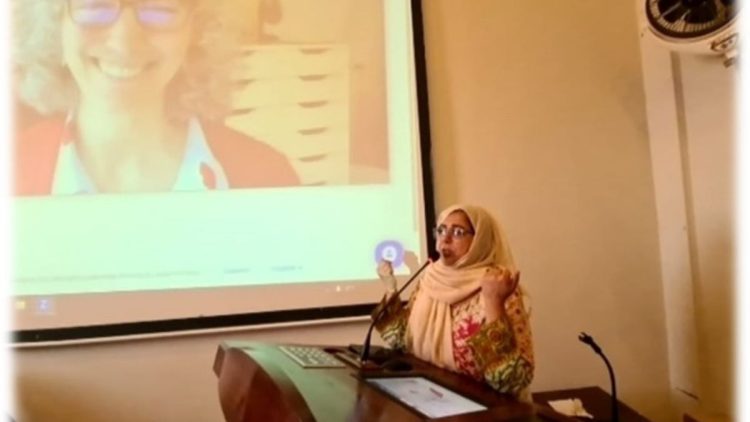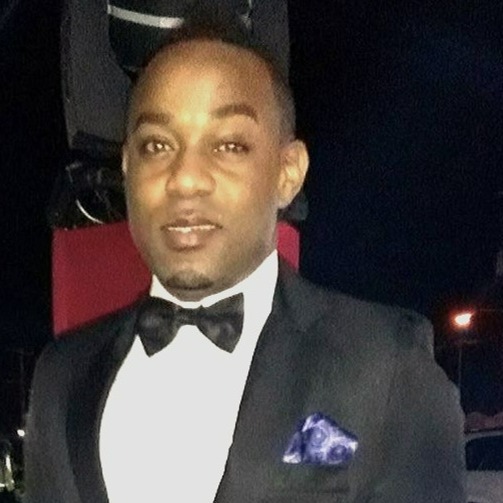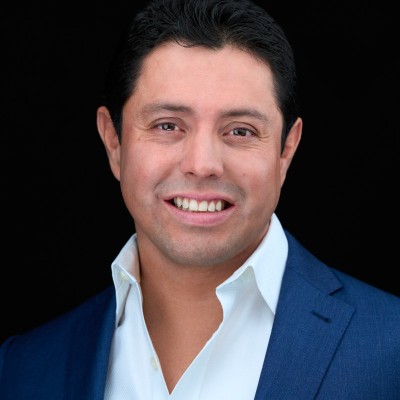“Leadership is unlocking people’s potential to become better”1 – Bill Bradley
This quote from the American Basketball player and Senator, Bill Bradley, resonates deeply with anyone who has worked in conflict resolution. This week’s IMC blog article explores what this means in the context of mediation and negotiation.
So, let’s get straight to the point. While it is often said that two of the core skills of a good leader are the ability to mediate and negotiate, it is less often acknowledged that mediators and negotiators are, in fact, leaders themselves. I strongly believe that they are and that they should both recognise this essential quality in themselves and be recognised by others for it.
Negotiators and mediators as leaders
The role of a negotiator as a leader is perhaps easier to identify. Negotiators take the lead on behalf of their organisation, institution, or community, carrying the responsibility of achieving an outcome. Armed with a clear mandate, they devise strategies, build teams, and drive toward an outcome favourable to them. Negotiators have the latitude to define their bottom line or to agree to alternative methods of settling the conflict. Critically, they are empowered to make decisions and act decisively – often under pressure and in complex environments – based on their given task and mandate, the core output of a leader.
Mediators are also leaders, though their authority is structured differently. Unlike negotiators, mediators hold no decision-making power over the outcome. Their mandate is derived from the parties involved, and their job is to design, enable, and facilitate a process that allows those parties to resolve their conflict. Yet they still lead—both their own mediation teams and, crucially, the parties in dispute—by guiding them through a process of constructive dialogue which they have designed. Mediators lead not through authority but through impartial influence, process expertise, emotional intelligence, and by modelling calm, thoughtful behaviour. They lead by example, one of the most powerful and important characteristics of good leadership.
Leadership is, at its heart, about influence. Negotiators influence their counterparts to move toward a position or proposal; mediators use influence in a subtler, often more demanding way. They must create a space where parties feel safe to address previously unspoken issues and must often transform adversarial behaviour into mutual listening. Mediators rely heavily on empathy – the ability to see and understand without taking sides, and emotional intelligence – being able to read the room and the motives of the parties to understand their needs, perspectives, and the underlying interests of all involved. It is this skillset that helps to unlock impasses and identify common ground, even in the most entrenched disputes.
John Adair’s functional model of leadership
In my own work, I have always found John Adair’s functional model of leadership a reliable guide and my benchmark:
- achieve the task
- build the team
- support and sustain the individual
These three functions are highly relevant to both negotiators and mediators. Negotiators achieve outcomes through strategy and persuasion; they lead, build and coordinate their teams and support the individuals within them throughout demanding processes. Mediators do the same for their own teams but are mostly focused on the negotiating parties. Their way is the path of diplomacy, influence and nuance —designing and leading the process (task), maintaining a sense of unity among often-divided parties (team-building within and between parties), and ensuring every individual is seen and heard (supporting and sustaining the needs of the individual).
Of course, the delivery of these leadership functions by a mediator or negotiator is strongly influenced by various external and internal factors, such as context, training, personality, and personal leadership style. As Field Marshal Sir William Slim once famously said: “Leadership is the most intensely personal thing there is in the world, because leadership is just plain you.” 2 Mediators and negotiators succeed by bringing their professional leadership skill to the table, shaped by this personal quality, and earning the trust and respect of the parties involved.
What leaders can learn from mediation and negotiation training
There is therefore much that leaders in other spheres can learn to enhance their own professional leadership skills from mediation and negotiation training:
- active listening
- the art of good questioning
- conflict analysis
- empathy
- emotional intelligence
- diplomacy and trust-building to name a few.
Ultimately, every leader leads in their own unique way and, with greater practice, learns to adapt to different situations. Over the last thirty plus years our definition of leadership has been broadening to fully include those who guide others without command or defined decision-making authority: those who mediate conflict, foster dialogue, and unlock new possibilities in very complex environments.
Recognising mediators and negotiators as leaders is not just a matter of semantics—it is an affirmation of the quiet, often invisible transformational leadership that helps bring resolution and progress to some of the most difficult human conflict challenges.
- Leaders Path PODCASTs. ↩︎
- Field Marshal Bill Slim, Courage and other Broadcasts, 1957. ↩︎
Join us at our upcoming webinar
Deep-dive into the quiet power of mediators and negotiators as transformational leaders – with our IMC director and author of this blog article, Ian Rigden.







































